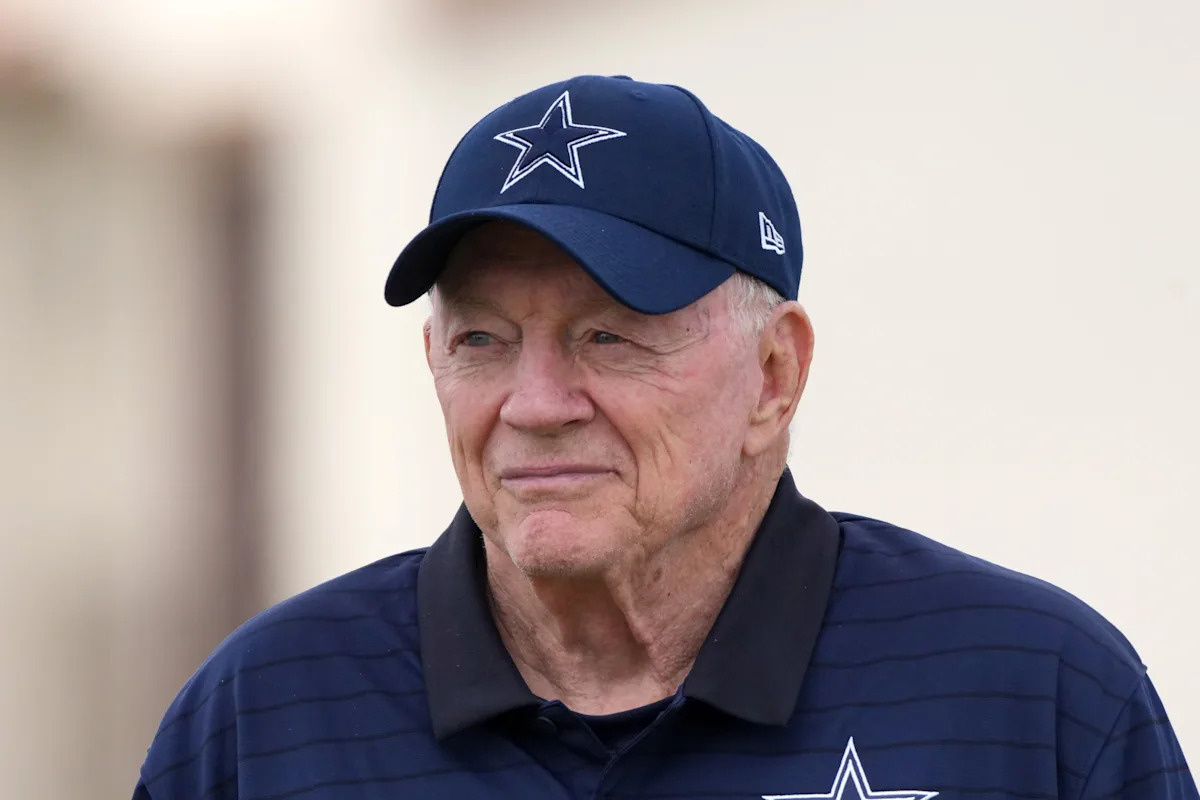In recent years, during contract extension negotiations with a star player of the Dallas Cowboys, tensions between the team’s ownership and agents escalated dramatically. Discussions grew stagnant as owner Jerry Jones and his son Stephen persistently pushed for private meetings with players, frustrating agents enough to send Jones a direct message: "Stop trying to talk to my players without me."
This scenario is well-known in the agent community, where representatives have long criticized the Cowboys’ negotiation tactics. These talks often spiral from mere irritation to heated or passive-aggressive exchanges, sometimes causing lengthy suspensions in negotiations. A common complaint is Jones’s alleged habit of trying to secure discounted contracts by isolating players in private meetings without their agents, appealing to their loyalty and suggesting financial sacrifices are necessary for team success and Super Bowl glory.
This tactic has been an ongoing point of contention, with notable examples including quarterback Dak Prescott’s drawn-out contract talks involving his agent Todd France and former running back Ezekiel Elliott’s strained dealings that led him to train away from the team’s camp. Both players’ agents have fought hard to control negotiations to ensure full player value, a struggle echoed by others within the organization.
This pattern of conflict took a new turn recently when edge rusher Mika Parsons publicly expressed dissatisfaction with the Cowboys, demanding a trade and stating he no longer wished to be part of the team. Parsons shared details of a March meeting with Jones where contract talks unexpectedly surfaced, even as Parsons and his agent, David Murgueta, intended to negotiate only when ready. Parsons claimed that until recently, no formal contract discussions had involved his agent, signaling a breakdown in the established negotiation process.
For Cowboys fans and the franchise, Parsons’ statements are a significant revelation, highlighting ongoing issues players and agents face with Dallas’s approach to negotiations—often attempting to sideline agents and conduct direct player deals to the team’s advantage. Despite Parsons’ clear desire to involve his agent, the Cowboys reportedly ignored these requests, which contrasts with their previous cooperation in high-profile talks with players like Prescott and Elliott.
Jerry Jones, when asked, declined to comment extensively on Parsons’ claims, emphasizing his confidence in Parsons but maintaining that negotiations stood where they were. Within the agent community, such inflexible stances often lead to stalled talks and eventual trade demands, which appears to be the case here in Dallas.
Ultimately, this story may not end with a lucrative contract but rather with a fractured relationship, emblematic of many contentious deals Jerry Jones has conducted. Parsons’ frustration and public plea mark a critical moment reflecting deeper issues within the Cowboys’ negotiation culture.
Fan Take: This conflict matters greatly to NFL fans because it exposes the growing tensions between player representation and team ownership, potentially impacting player retention and team dynamics. If such disputes become more frequent or public, they could influence how contracts are negotiated across the league, reshaping the balance of power between players and management.



